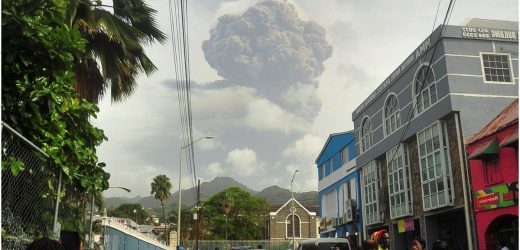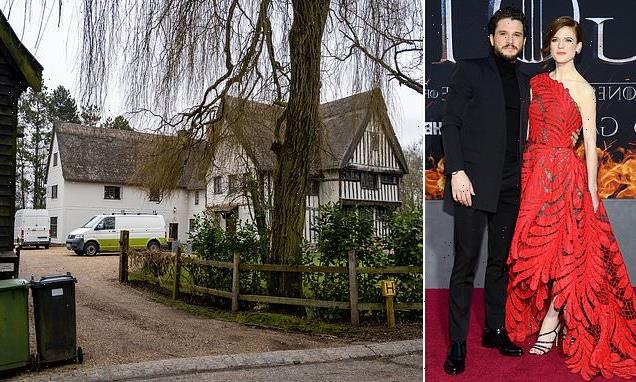- People on the island of St Vincent are hoping to be evacuated by cruise ship.
- The island was hit by a volcanic eruption last week, making much of it uninhabitable.
- Some neighboring islands are only accepting evacuees who have taken a COVID-19 vaccine.
- See more stories on Insider’s business page.
People on the volcano-stricken island of St. Vincent will only be evacuated to neighboring island if they’ve been vaccinated against COVID-19, the island’s prime minister said.
Cruise ships have been dispatched to the island that is being evacuated after 4000-ft high volcano La Soufrière, erupted on Friday.
But people have to be vaccinated before they board the cruise ship, according to Ralph Gonsalves, the prime minister of St. Vincent and the Grenadines, said in a press conference the day after the eruption.
“The chief medical officer would be identifying the persons already vaccinated so that we can get them on the ship,” Gonsalves said.
Over 16,000 people are being evacuated from the “red zones” — the parts of the island in most danger. This map shows the danger zones on the island:
Some are due to be temporarily re-housed in the neighbouring islands of St. Lucia, Grenada, Barbados, and Antigua.
But most of the islands would require vaccination before they take anybody in.
Speaking to reporters on Saturday, Gonsalves said: “If people are willing to welcome you at a time of COVID-19, they will wish you to have the highest level of protection possible.”
St. Lucia is not requesting people to be vaccinated to come, he said, but they may require vaccination on arrival.
“We have to manage all of this during the time of COVID-19,” Gonsalves said on Sunday, “we have managed the pandemic quite well. We have had only 10 deaths COVID-19 deaths,” he told NBC 6 news.
The eruption on Friday left the island struggling with power and water cuts. The island is covered in deep volcanic ash that is starting to harden on the ground, emergency officials on the island said in a tweet on Sunday.
Some people don’t want to evacuate, Gonsalves said.
This could be because of a fear of vaccination, which may in turn put them off receiving other government help in the wake of the eruption.
“People are very scared of the vaccine and they opt out of coming to a shelter because eventually they would have to adhere to the protocol,” said opposition politician Shevern John, according to Reuters.
Gonsalves has warned that it could be up to four months before people are allowed to return home.
Get the latest coronavirus business & economic impact analysis from Business Insider Intelligence on how COVID-19 is affecting industries.
Source: Read Full Article


